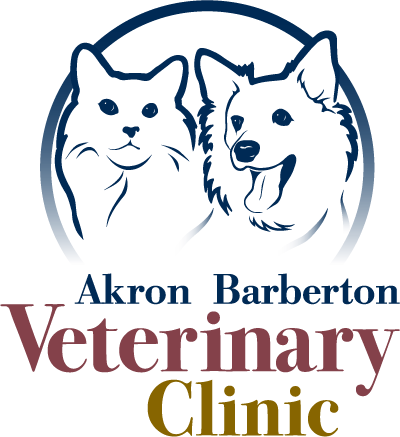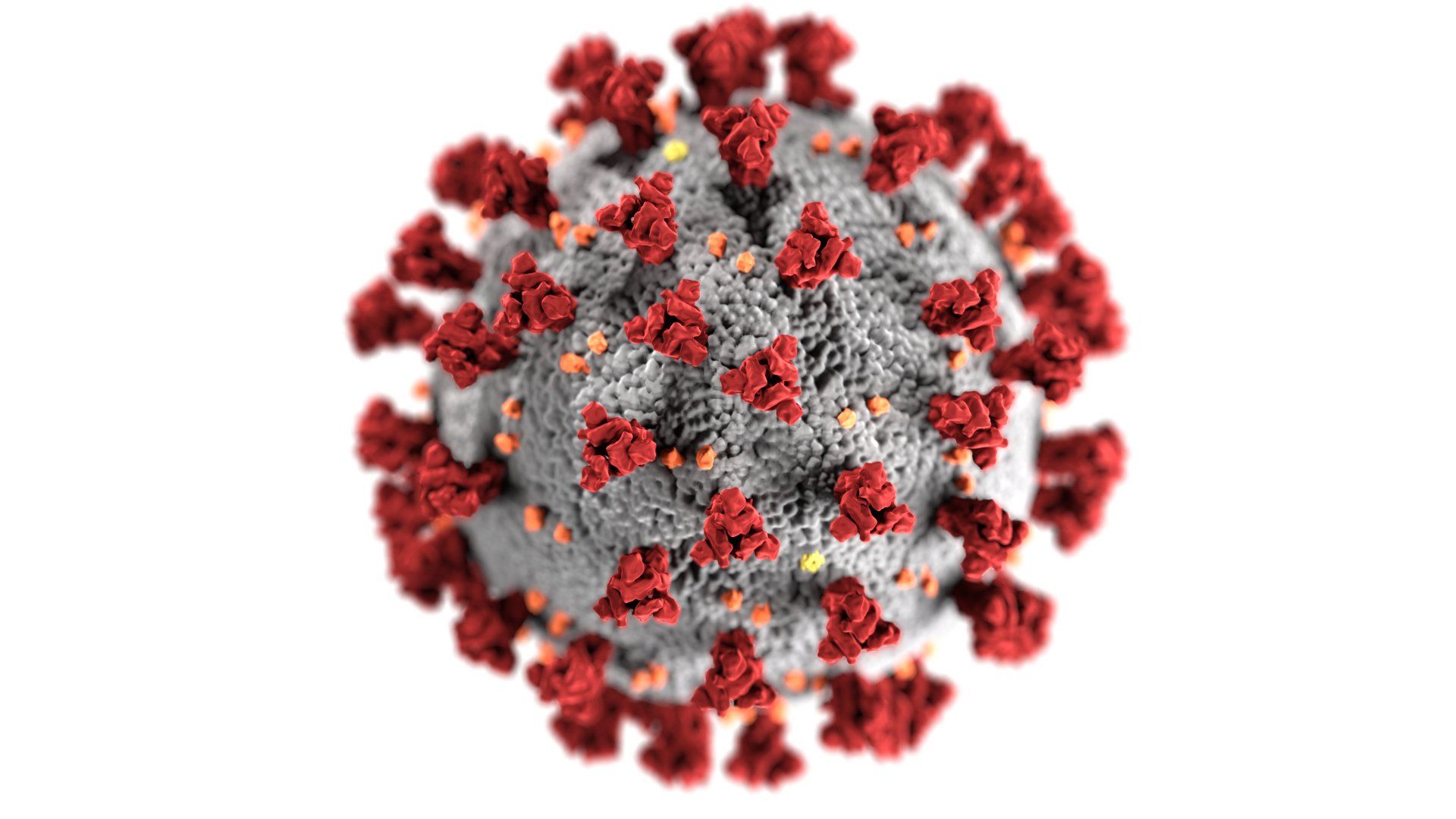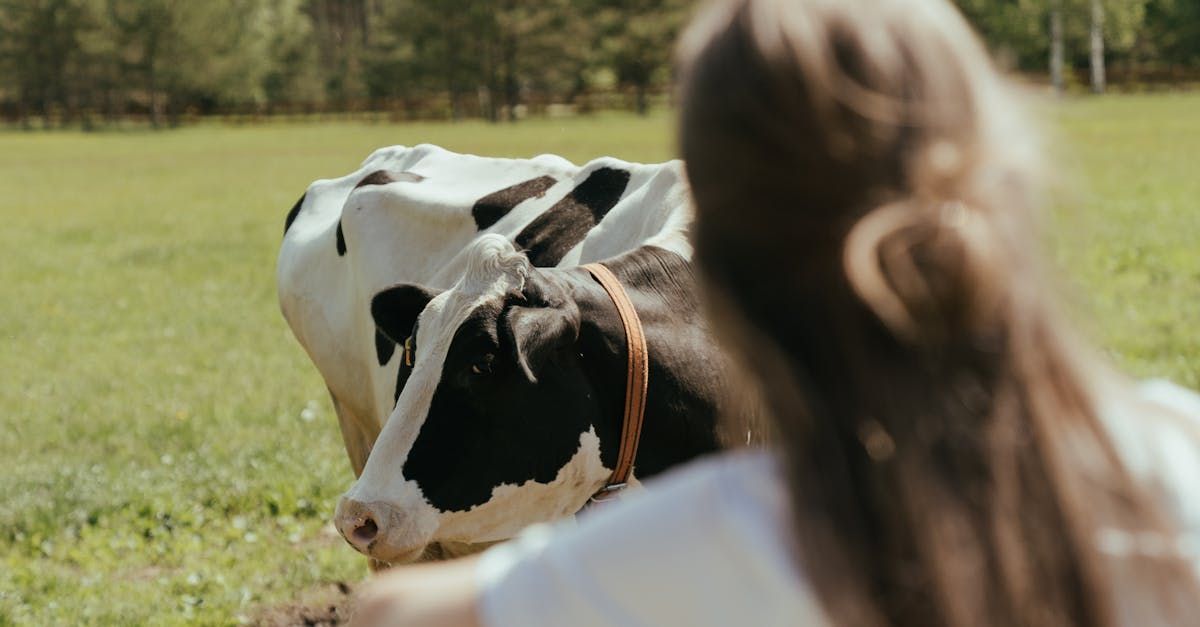Feeding Your Adult Dog
WHAT SHOULD YOU FEED?
Your dog knows that what’s on your plate is infinitely better than what he’s eating at the moment – and you may be tempted to prove it by giving him some. Before you do, remember that good nutrition and a balanced diet are essential elements for good health in a dog. And that means watching your canine’s caloric intake carefully.
Your dog needs plenty of fresh water and should be fed good quality food in amounts just right to meet his energy requirements. Inadequate or excess intake of nutrients can be equally harmful.
Most dry dog foods are soybean, corn or rice based. Some of the better brands have meat or fish meal as the first listed ingredient. Although higher priced, they are worth looking into. Dogs eat less of the higher quality products, thus reducing the cost. Dry dog foods also have greater "caloric density" which means simply, there is less water in a cup of food as compared to a canned food diet. This is not a big issue for our smaller canine friends, but large dogs may have difficulty eating enough volume of canned food to fulfill their caloric needs (because they also get a lot of water in that food). Overall, the choice of "dry" vs. "canned" vs. "semi-moist" is an individual one, but larger dogs (such as those greater than 30 pounds) should be fed a dry or semi-moist food in most circumstances
Proteins, fats and carbohydrates are necessary for energy. Dietary requirements for dogs can vary according to activity and stress levels and medical history. Dogs expend energy in many different ways. For example, outdoor dogs are likely to experience increased levels of exercise and thus require a higher percentage of protein and fat for energy production than a dog who stays indoors most of the time. Dogs in various life stages [including puppy ("growth"), adult and senior ("geriatric")] require different amounts of nutrients. Special situations such as pregnancy and nursing puppies can dramatically affect nutritional needs. Working dogs need more calories, while the "couch potato" needs less (just like us!).
The Association of American Feed Control Officials (AAFCO) is an organization that publishes regulations for nutritional adequacy of "complete and balanced" dog and cat foods. Your pet’s food should conform to minimal AAFCO standards. Diets that fulfill the AAFCO regulations will state on the label: "formulated to meet the AAFCO Dog Food Nutrient Profile for…(a given life stage).
RECOMMENDATIONS
- AAFCO Standards: All foods should conform to AAFCO standards (check the label). This indicates the manufacturer is following the national consensus recommendations for dog foods.
- Food Type: The choice of canned, semi-moist or dry food is an individual one, but if your dog is more than 30 pounds, dry food is preferred as the base diet for its greater caloric density (more calories per volume of food). There are a number of excellent dog food manufacturers.
- Water: Always provide plenty of fresh water.
CONSIDER YOUR DOG'S AGE
- For puppies (less than 8 to 9 months and less than 30 pounds): Feed your puppy a consistent canned, semi-moist or dry dog food designed for puppies. If your dog weighs more than 30 pounds, dry food is preferred for greater caloric density.
- For adult dogs (8 to 9 months to 6 years): Feed your dog a consistent canned, semi-moist or dry dog food designed for an "adult" dog.
- For senior dogs (over 7 years): Feed your dog a consistent canned, semi-moist, or dry dog food designed for a "senior" dog.
CONSIDER YOUR DOG'S BODY WEIGHT
- Underweight dogs: Feed your dog 1 1/2 times the "usual" amount of food and make an appointment to see your veterinarian about your dog’s body condition. Consider switching to a food with higher protein and fat content.
- Lean dogs: Many healthy dogs are a bit thin, especially active young male dogs. Consider increasing total daily food or caloric intake by 25 percent. Weigh your dog every week if possible to chart progress.
- Chubby dogs: If your dog is a bit overweight, try increasing the daily exercise routine. Gradually increase exercise over 2 weeks unless limited by a medical condition. If these measures fail, cut out all treats and reduce daily intake of food by up to 25 percent.
- Fat or obese dogs: Stop all treats except vegetables. Increase exercise gradually over 2 to 3 weeks if not limited by a medical condition. If these measures fail, reduce the total daily food amount by 25 to 40 percent, switch to a low fat/high fiber diet, and call your veterinarian to discuss your plans. Inquire about prescription-type reduction diets that can really be effective while providing balanced nutrition.
MEDICAL PROBLEMS
Always consult your veterinarian first regarding any specific foods or dietary adjustments required for a dog with heart, kidney, intestinal or liver disease, or for a dog with cancer. Special dietary measures may also be important for dogs with allergies, certain metabolic diseases, or other medical conditions.
PREFERRED FOOD
There are a number of prominent manufacturers of high quality dog foods, including Iams® (Eukanuba®), Hill’s® (Science Diets®), Nature’s Recipe® products, Nutra Max®, Purina® and Waltham®, among others. Follow the label recommendations, but use your own judgment in determining how much to feed.











